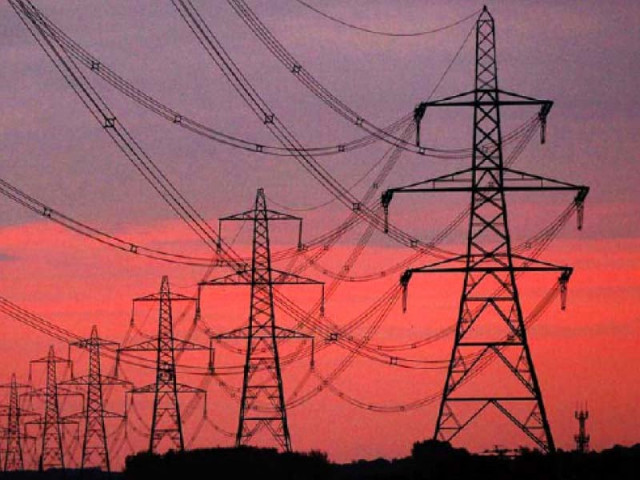Experts propose privatisation of distribution firms
Suggest govt can run DISCOs under public-private partnership as well to overcome outages

Energy sector stakeholders have advised the government to end its control over state-owned electricity distribution companies (DISCOs) through their privatisation or run them under public-private partnership to overcome prolonged power outages across the country.
DISCOs’ inefficiency is one of the basic root causes of power crisis. If the situation remains as it is, then it is feared the crisis will worsen to the point of no return with circular debt doubling to Rs4.6 trillion over the next five years and mandatory payments to idle power plants soaring threefold to Rs4 trillion a year by 2025.
“The ministry of power, petroleum and natural resources should get out of the power distribution business. DISCOs should be given autonomy while the competent regulatory body should come into play,” LUMS Energy Institute Director and Professor Dr Faiz Chaudhry said at a webinar titled “Fixing Pakistan’s Power Sector”.
There are a total of 10 distribution companies like Quesco and Pesco in the country. Nine of them are state-owned, excluding K-Electric, of which four are operating with colossal financial leakages and high power theft.
“There is a great need for proactive…and integrated end-to-end planning to fix the power sector’s woes,” Chaudhary said.
He said the other way of overcoming power outages was to increase demand for electricity.
“The base load (minimum utilisation of electricity in 24 hours a day nationwide) has remained stagnant at 7,000 megawatts for the past five years (2015-2020) compared to installed capacity of around 35,000MW at present,” he said.
Average utilisation stands at around 12,000MW “while the peak demand quoted at 22,000MW was hit for a while at some point in the peak summer season”, he said.
He advised the government to take measures for industrialisation to pick up demand for power and overcome the capacity (mandatory) payment crisis sooner than later.
The director advised the government to bring an enabling leadership in the industry. “People who know the job should be given responsibility and experienced and senior people should replace the junior ones in the regulatory body,” he said.
Kot Addu Power Company (Kapco) Managing Director Aftab Mehmood Butt called for making the power sector competitive through the introduction of multiple buyers and suppliers of electricity.
At present, there is only one buyer of power that is the government itself while power producers have a monopoly in many areas nationwide.
Engro Energy Limited CEO Ahsan Zafar Syed said the performance of Pakistan’s energy sector was impacted by different challenges including a rising circular debt, excess capacity, low demand, high cost of electricity and foreign exchange drain.
These issues can be resolved by improving the efficiency of DISCOs, proper and independent power-planning, which should focus on both the supply-side and demand-side parameters, shifting industrial captive power generation to the grid and taking measures to increase industrialisation.
“So, we can stimulate growth in electricity demand while IPP debt should be restructured from 10 to 20 years, followed by ensuring competitive bidding for all future projects.”
The circular debt as of June 30, 2018 was Rs1.2 billion, which increased to Rs2.2 billion as of June 10, 2020. If DISCOs’ operations do not improve, the inefficiency will add an additional Rs1.5 trillion to the stock, taking the total circular debt to approximately Rs4 trillion by 2025.
The demand for power in Pakistan has lagged behind the GDP growth rate, whereas it is supposed to be the other way round. The growth in electricity demand has come primarily from household consumption and increased activity of the services (tertiary) sector - unlike the growth in industrial activity.
It is also important for Pakistan to make use of its indigenous resources and renewables to diversify its energy mix and reduce forex drain.
“Going forward, it is recommended that the government must evaluate the possibility of using Thar coal, blended with imported coal, to increase indigenisation. All future capacity additions should also be based exclusively on indigenous fuel and renewable energy.”
Published in The Express Tribune, September 26th, 2020.
Like Business on Facebook, follow @TribuneBiz on Twitter to stay informed and join in the conversation.



















COMMENTS
Comments are moderated and generally will be posted if they are on-topic and not abusive.
For more information, please see our Comments FAQ